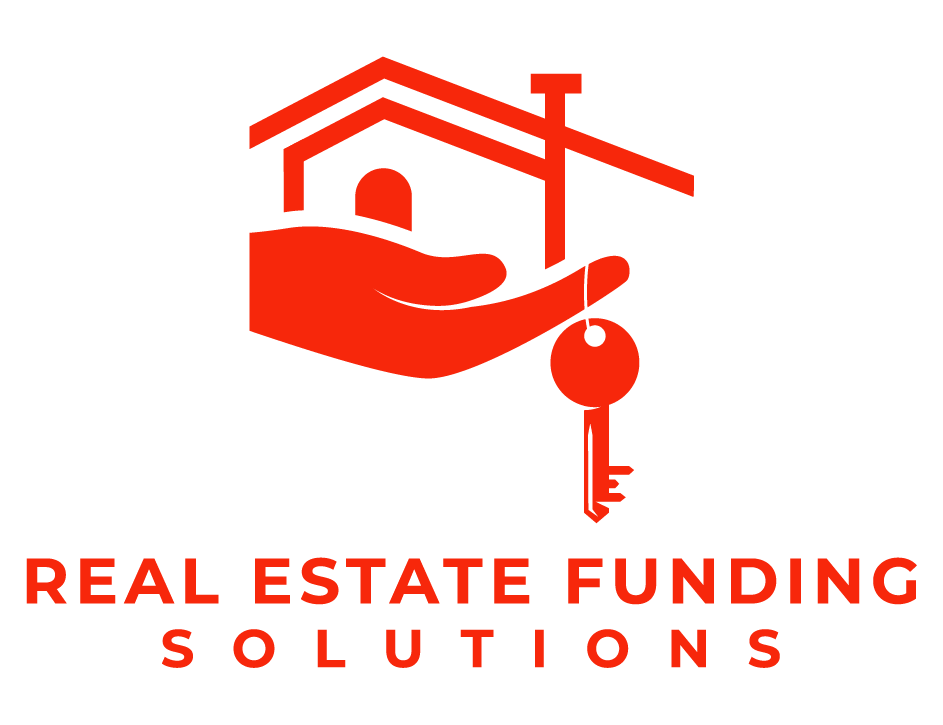When it comes to real estate investing, securing the right financing is often the key to a successful deal. Conventional lenders can be burdened with stringent criteria and protracted approval procedures, leaving investors in a constant hustle to fund their projects. Enter hard money loan lenders, the solution to these challenges. These alternative lenders offer swift and flexible financing options tailored for real estate investors.
Unlike traditional banks, hard money loan lenders place less emphasis on credit scores and instead focus on the property’s intrinsic value. This means that even investors with less-than-ideal credit profiles can still access the capital they need. Furthermore, hard money loans come with shorter terms, enabling investors to swiftly turn around properties and recover their investments.
With their profound understanding of the real estate market, hard money loan lenders offer invaluable insights and guidance to investors, helping them make informed decisions and maximize their returns. Whether you’re a seasoned investor aiming to expand your portfolio or a newcomer venturing into real estate, partnering with a hard money loan lender can provide you with the financial backing and expertise necessary for success.
Benefits of Using Hard Money Loan Lenders
In the universe of real estate investment, securing the right financing can make or break a deal. Traditional lenders often have stringent criteria and prolonged approval processes, leaving investors scrambling to secure funds for their projects. That’s where hard money loan lenders come in. These alternative lenders offer a valuable solution by providing quick and flexible financing options for real estate investors.
Unlike traditional banks, hard money loan lenders focus less on credit scores and more on the value of the property being invested in. This means that even investors with less-than-stellar credit can still access the funds they need. Additionally, hard money loans have shorter terms, allowing investors to quickly flip properties and recoup their investment.
With their deep understanding of the real estate market, hard money loan lenders can provide valuable insights and guidance to investors, helping them make informed decisions and maximize their returns. Whether you’re a seasoned investor looking to expand your portfolio or a beginner dipping your toes into real estate, partnering with a hard money loan lender can give you the financial backing and expertise necessary for success.
Common Terms and Conditions of Hard Money Loans
Access to Quick Funds
One of the primary advantages of opting for hard money loan lenders is the speed at which funds can be acquired. Traditional lenders often have protracted approval processes that can take weeks or even months to complete. This can pose a major obstacle for real estate investors who need funds rapidly to secure a property or seize a time-sensitive opportunity. In contrast, hard money loan lenders specialize in providing fast financing solutions. With minimal paperwork and streamlined processes, investors can often receive funding within days, if not hours, of submitting their applications.
Flexibility in Loan Terms
Another significant benefit of hard money loans lies in the flexibility they offer in terms of repayment and collateral. Traditional lenders typically have strict criteria and inflexible repayment schedules. Hard money loan lenders, on the other hand, are more amenable to collaborating with borrowers to create customized loan terms that meet their specific needs. This may include options like interest-only payments, balloon payments, or deferred payments. Additionally, hard money lenders are generally open to accepting non-traditional forms of collateral, such as real estate assets or other valuable assets, which can be a major advantage for investors who may not have traditional forms of collateral.
Less Emphasis on Credit Scores
One of the foremost challenges faced by real estate investors when seeking financing is their credit score. Traditional lenders often place significant importance on creditworthiness and use credit scores as a primary determinant of loan approval. This can be a major hurdle for investors with less-than-perfect credit histories. However, hard money loan lenders focus less on credit scores and more on the value of the property being invested in. This means that even investors with less-than-stellar credit can still access the funds they need. By evaluating the potential value of the property and the investor’s ability to generate a return on investment, hard money loan lenders can provide financing options that may not be available through traditional lenders.
Risks and Drawbacks of Using Hard Money Loan Lenders
Loan-to-Value Ratio
One of the pivotal factors that hard money loan lenders assess when evaluating a loan application is the loan-to-value (LTV) ratio. This ratio represents the loan amount as a percentage of the appraised value of the property. Hard money lenders typically offer loans with LTV ratios ranging from 60% to 75%. This implies that investors must possess some form of equity in the property to qualify for a hard money loan. The specific LTV ratio will depend on factors such as the property’s location and condition, as well as the borrower’s experience and financial stability.
Interest Rates and Fees
Hard money loans often come with higher interest rates and fees compared to traditional loans. This is due to the increased risk hard money loan lenders undertake by offering financing to investors with less-than-ideal credit or unconventional properties. Interest rates for hard money loans can range from 8% to 15%, depending on the lender and the specific loan terms. Additionally, borrowers may also be required to pay origination fees, underwriting fees, and other closing costs. Investors should carefully consider these costs when assessing the overall feasibility and profitability of their investment.
Loan Duration and Repayment Terms
Unlike traditional loans with terms of 15 to 30 years, hard money loans have much shorter terms. On average, hard money loans have terms ranging from 6 months to 3 years. This shorter duration is ideal for real estate investors looking to quickly flip properties and recoup their investment. In addition to the loan duration, hard money loan lenders may also offer flexible repayment terms. This can include options such as interest-only payments, where the borrower only pays the interest on the loan each month, or balloon payments, where the borrower pays off the entire loan balance in one lump sum at the end of the term.
Conclusion: Is a Hard Money Loan Right for Your Real Estate Investment?
One of the primary drawbacks of hard money loans is the higher interest rates and fees associated with this type of financing. In comparison to traditional loans, the interest rates for hard money loans can be significantly higher, sometimes reaching double digits. Additionally, borrowers may be required to pay origination fees, underwriting fees, and other closing costs, which can further increase the overall cost of the loan. These higher costs can affect the potential profitability of an investment, so it’s crucial for investors to carefully assess the financial feasibility of using hard money loan lenders.
Shorter Loan Terms
While the shorter loan terms of hard money loans can be advantageous for investors looking to quickly flip properties, they can also be a disadvantage for those who may need more time to complete their project. Real estate investments can be complex and time-consuming, and unexpected delays or complications can arise. With shorter loan terms, investors may face increased pressure to complete their project and repay the loan within a limited timeframe. This can create added stress and potentially impact the profitability of the investment if the property is not sold or refinanced within the agreed-upon timeframe.
Higher Risk of Foreclosure
Due to the higher level of risk associated with hard money loans, borrowers may face a higher risk of foreclosure if they are unable to repay the loan according to the agreed-upon terms. Hard money loan lenders are primarily interested in the value of the property being invested in, so if the borrower defaults on the loan, the lender may move quickly to foreclose on the property to recoup their investment. This can be a significant risk for investors, especially if they are unable to sell the property or secure alternative financing in a timely manner. It’s important for investors to carefully assess their ability to repay the loan and mitigate potential risks before entering into a hard money loan agreement.



